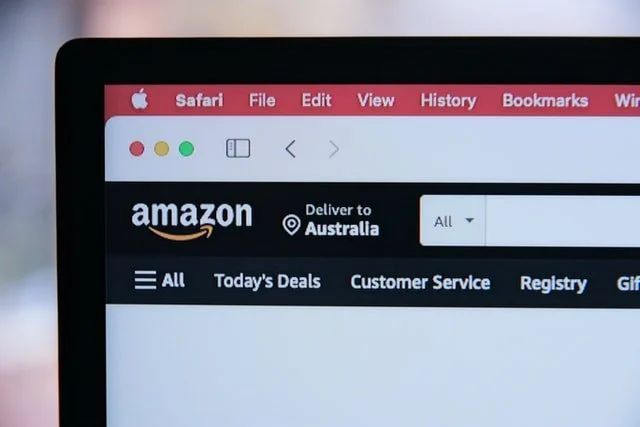In his first letter to shareholders, Amazon CEO, Andy Jassy, wrote:
“In every business we pursue, we’re constantly experimenting and inventing. We’re divinely discontented with customer experiences, whether they’re our own or not. We believe these customer experiences can always be better, and we strive to make customers’ lives better and easier every day.




















